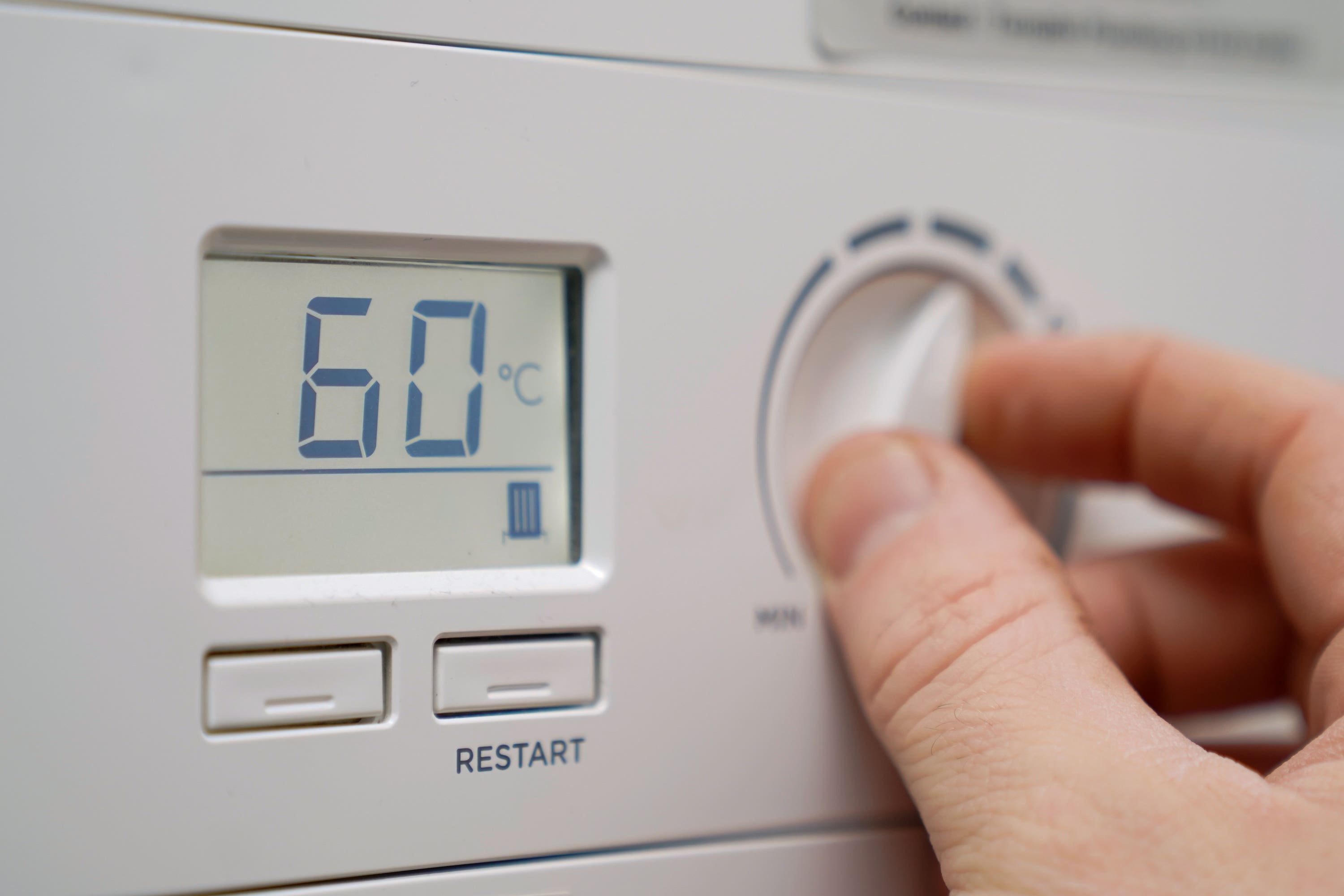Plan to cut use of foreign gas ‘will fail without insulation and heat pumps’
The North Sea Transition Authority expects UK gas production to fall 55% by 2030 and 75% by 2035.

Your support helps us to tell the story
From reproductive rights to climate change to Big Tech, The Independent is on the ground when the story is developing. Whether it's investigating the financials of Elon Musk's pro-Trump PAC or producing our latest documentary, 'The A Word', which shines a light on the American women fighting for reproductive rights, we know how important it is to parse out the facts from the messaging.
At such a critical moment in US history, we need reporters on the ground. Your donation allows us to keep sending journalists to speak to both sides of the story.
The Independent is trusted by Americans across the entire political spectrum. And unlike many other quality news outlets, we choose not to lock Americans out of our reporting and analysis with paywalls. We believe quality journalism should be available to everyone, paid for by those who can afford it.
Your support makes all the difference.The Government’s plans to make the UK energy independent cannot be met simply by drilling for more gas without reducing demand, research has found.
The country will instead be forced to import more gas from abroad, even under plans designed to encourage oil giants to extract more gas from the North Sea.
Under current plans net imports of gas will rise by almost 60% by the middle of the next decade, analysis from the Energy and Climate Intelligence Unit found.
A massive push to reduce gas demand could instead reduce net imports by 55%, the research added.
Europe and the US appear to have learned the lesson of the Russian invasion, deploying heat pumps at a much greater pace. It appears we haven’t learned that lesson
“The North Sea is an expensive basin to operate in. It’s also in terminal decline,” said Dr Simon Cran-McGreehin, head of analysis at the ECIU.
“Even if more fields are opened up, you can’t escape the fact that without shifting away from old-style boilers, we’ll end up more reliant on gas imports.
“Unless we ramp up deployment of technologies like renewables and heat pumps to reduce our over-reliance on gas, we face a huge rise in import dependence that will leave us even more exposed to international gas markets – and that didn’t work out very well for British households over the past couple of years.”
The North Sea Transition Authority – the regulator for the oil and gas industry – expects UK gas production to fall 55% by 2030 and 75% by 2035, even if producers drill for new supplies.
But others have warned that it might drop even further.
The UK was one of the countries worst impacted by the recent energy crisis, partly because the country is in Europe, which has been badly hit as it weans itself off Russian gas, and partly because Britain is heavily reliant on gas for heating and electricity.
“Europe and the US appear to have learned the lesson of the Russian invasion, deploying heat pumps at a much greater pace,” Dr Cran-McGreehin said.
“It appears we haven’t learned that lesson, and those arguing against electric heat pumps are consigning the UK to worsening foreign gas dependence.
“Gas-based ‘blue’ hydrogen for home heating would drive up bills and leave us even more dependent on imports.”